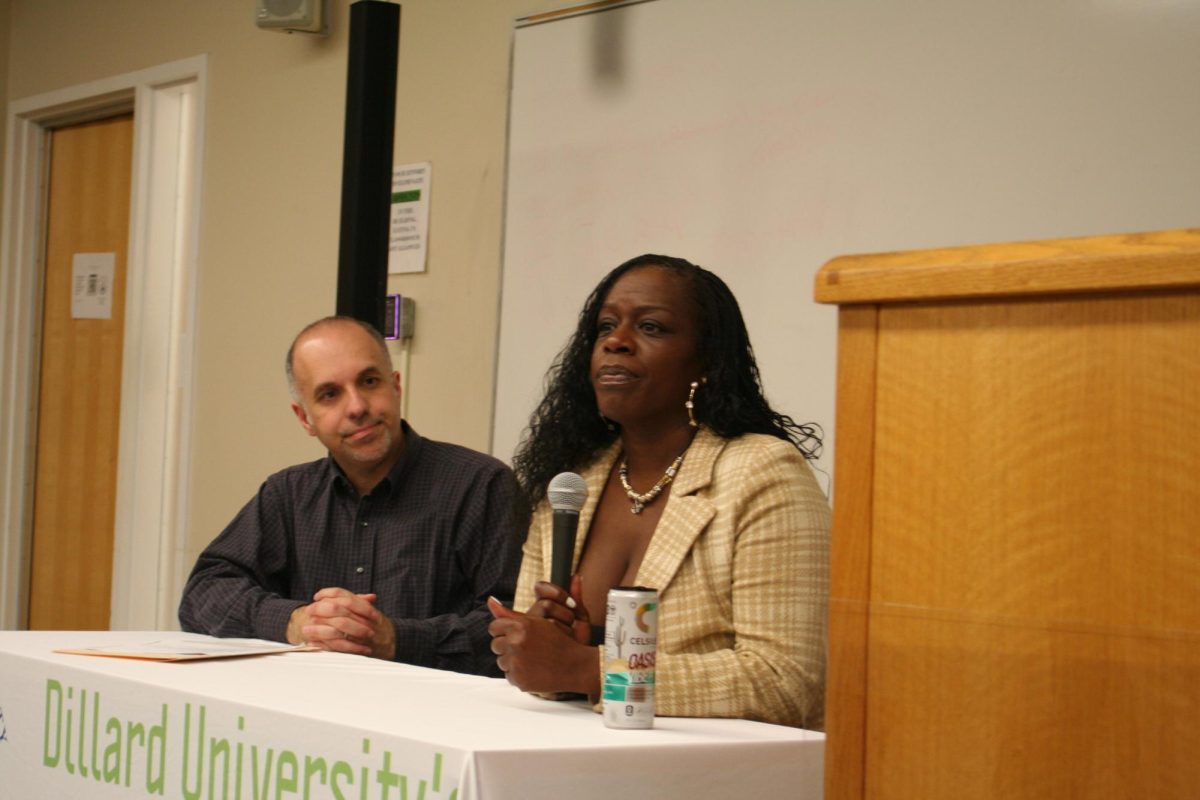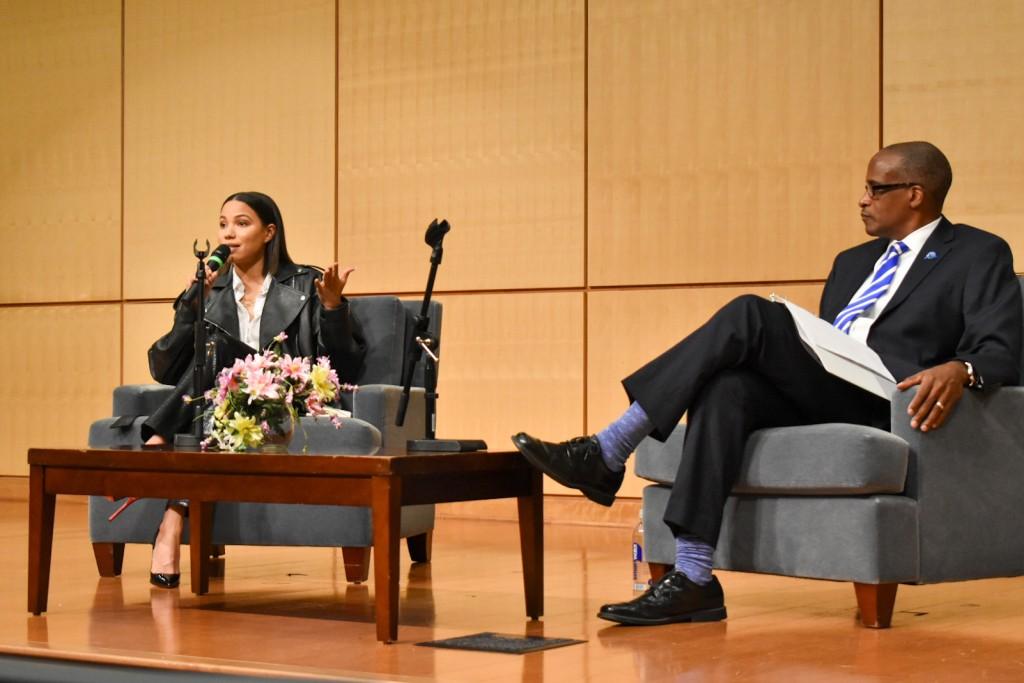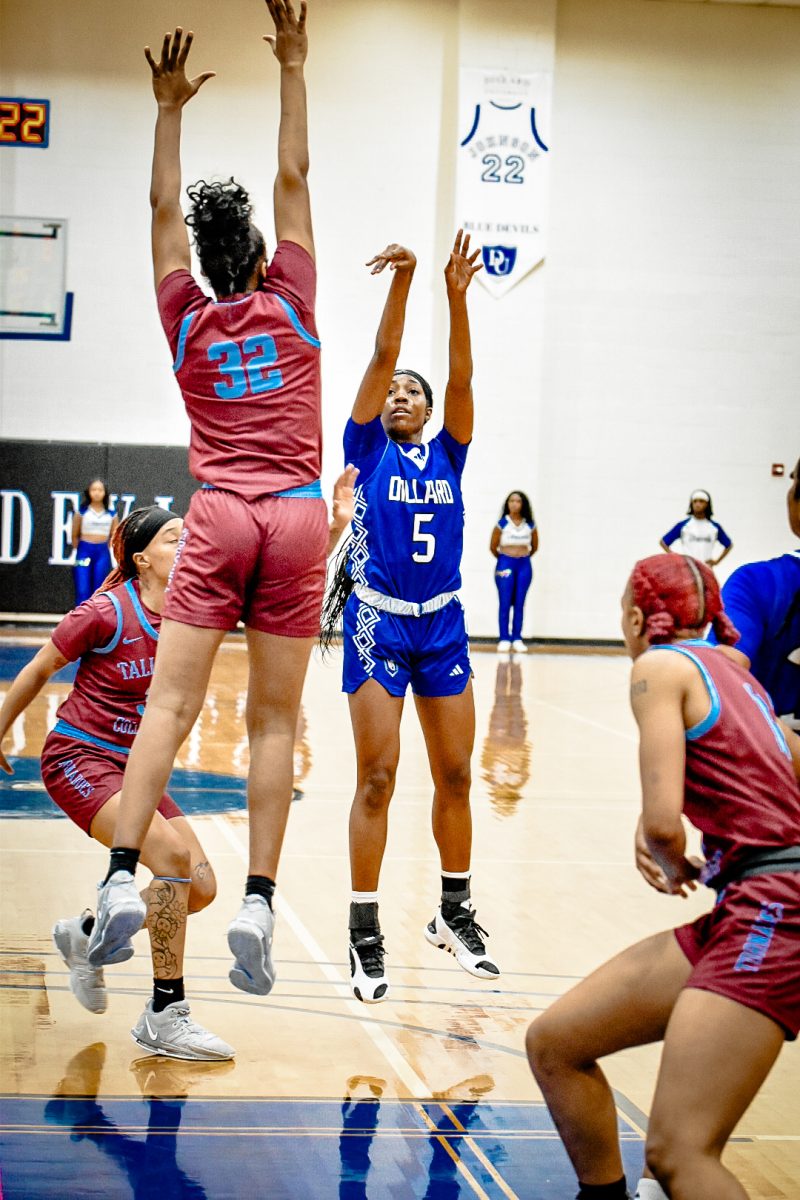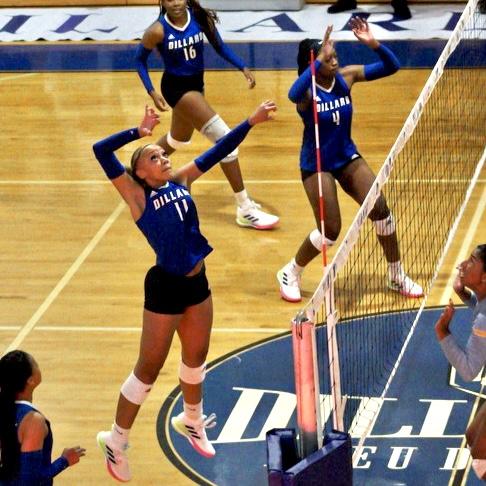August arrives, summer is over, you are making preparations toreturn to college, and you arrive only to discover that you have tomake an immediate departure back home because you can no longerafford the tuition.
Camille Shelton, a former Dillard student from Stockton, Calif.,found herself in this predicament.
“I almost had enough to cover my tuition, but that was not goodenough so I had to make a decision,” Shelton said.
Half of her tuition was paid and loans would have been her onlyoption for the remaining balance, Shelton said.
According to Dillard students, the increasing reliance on loansto pay for higher education has become a burden for some and ablessing for others.
While some students said they do not have any loans, others saidloans are the only source of financial assistance offered tothem.
For the past three years, students at Dillard have borrowed anaverage of $20,000 and 85 to 90 percent of Dillard students financetheir education with loans. Student loans now cover 55 percent offinancial assistance, according to the Dillard University FinancialAid Fund Management Report.
Dillard students are not alone in relation to the percentage ofstudent borrowers. Mildred Higgins, director of financial aid atXavier University, said about 85 percent of the student populationat Xavier relies on loans to finance their education.
“We don’t encourage loans, but we do offer them if there is noother option,” Higgins said.
Many students shy away from loans, Higgins said, because they donot want to be in debt.
However, for some Dillard students, debt is not an immediateconcern.
“I am not really worried about being in debt right now, but sixmonths after I graduate I might not have a job and then I’ll beworried about paying the money back,” said Monathan Baker, a juniorbiology major from Pensacola, Fla.
Baker said although she does not have any loans this semester,it is highly possible that she will still end up in debt.
Josiah Moore, a sophomore psychology major from Chicago, ishowever, concerned and uncomfortable with his future financialsituation.
According to Moore, debt is not the word to describe his futurefinancial situation. “Even though I’ll make a lot of money after Igraduate, three-fourths of my check will probably be used to payback my loans,” Moore said.
Realistically, the average student would not be able to attendcollege without the financial assistance student loans offer,according to Janile Parks, market manager of student loans.
Therefore, repayment of loans is not as harmful as it mayseem.
“Students who customarily borrow what they need are able tosuccessfully repay their loans after college,” Parks said.
Statistics show that usually a large amount of college graduatespay off their loans and others only have a few years remaining.
Joy Barnes, a 2000 graduate of Southern University New Orleans,has never had a fear of being in debt. She said, “I had help. Myparents prevented me from being in debt.”
However, Barnes said if she did not have her parents’ help, shewould probably worry about being in debt, but that she would bereassured in knowing that at least she has a college-leveleducation to sustain her.
Some debt is good debt, according to Cynthia Thornton, directorof financial aid. Unlike a car, Thornton said a college educationis good debt because it adds value to your earning potential andlifestyle; a car depreciates and has no value.
New students, Thornton said, are very loan averse and themajority of them think they are going to get scholarships. However,she said once they see a loan is necessary, they usually apply.
In an effort to ease the student’s apprehensions with respect toloans, Thornton encourages students to borrow wisely andconservatively.
Thornton has adopted a saying by Alan Purintun, a principal atOarsman Capital Inc., as her motto. It reads, “Debt is a mixedblessing. It is not a wonderful thing, but not the worst thing inthe world. You have acquired an asset. A college education is anasset; you have increased your earning potential.”
As for Shelton, she advises her peers to be encouraged and usetheir time wisely if they happen to find themselves in hersituation.
Shelton said, “During my absence I am working and searching forscholarships everyday until I return in January.”























